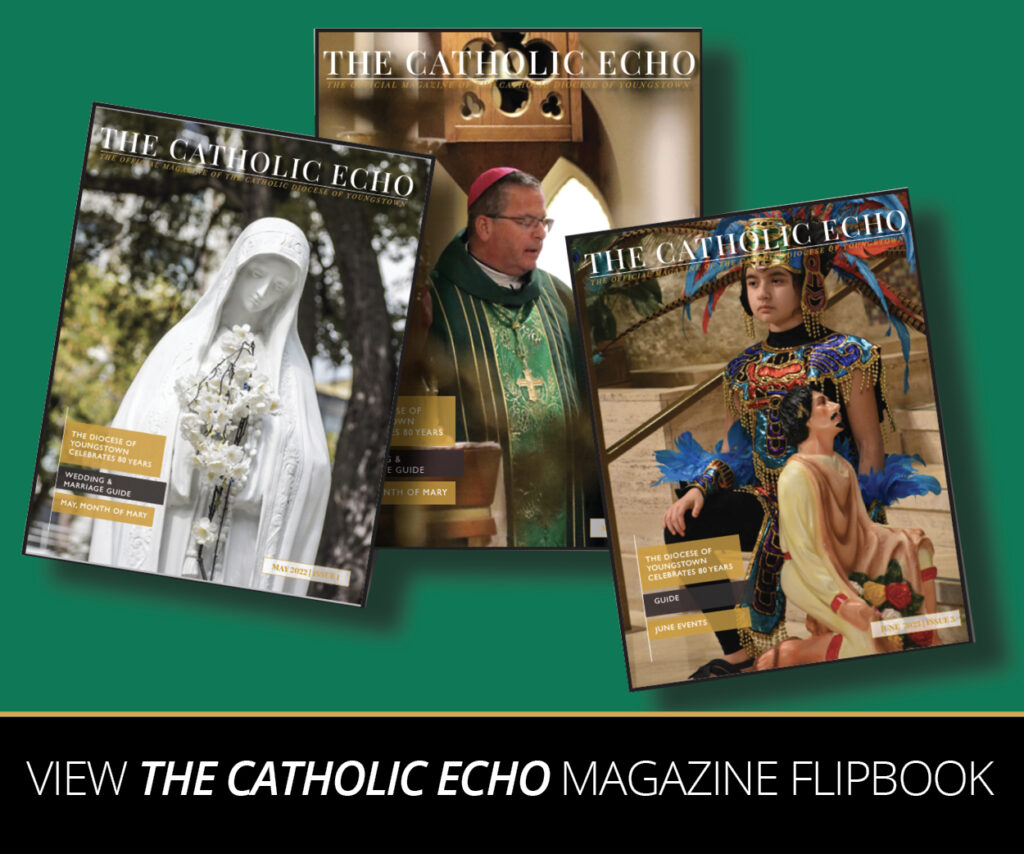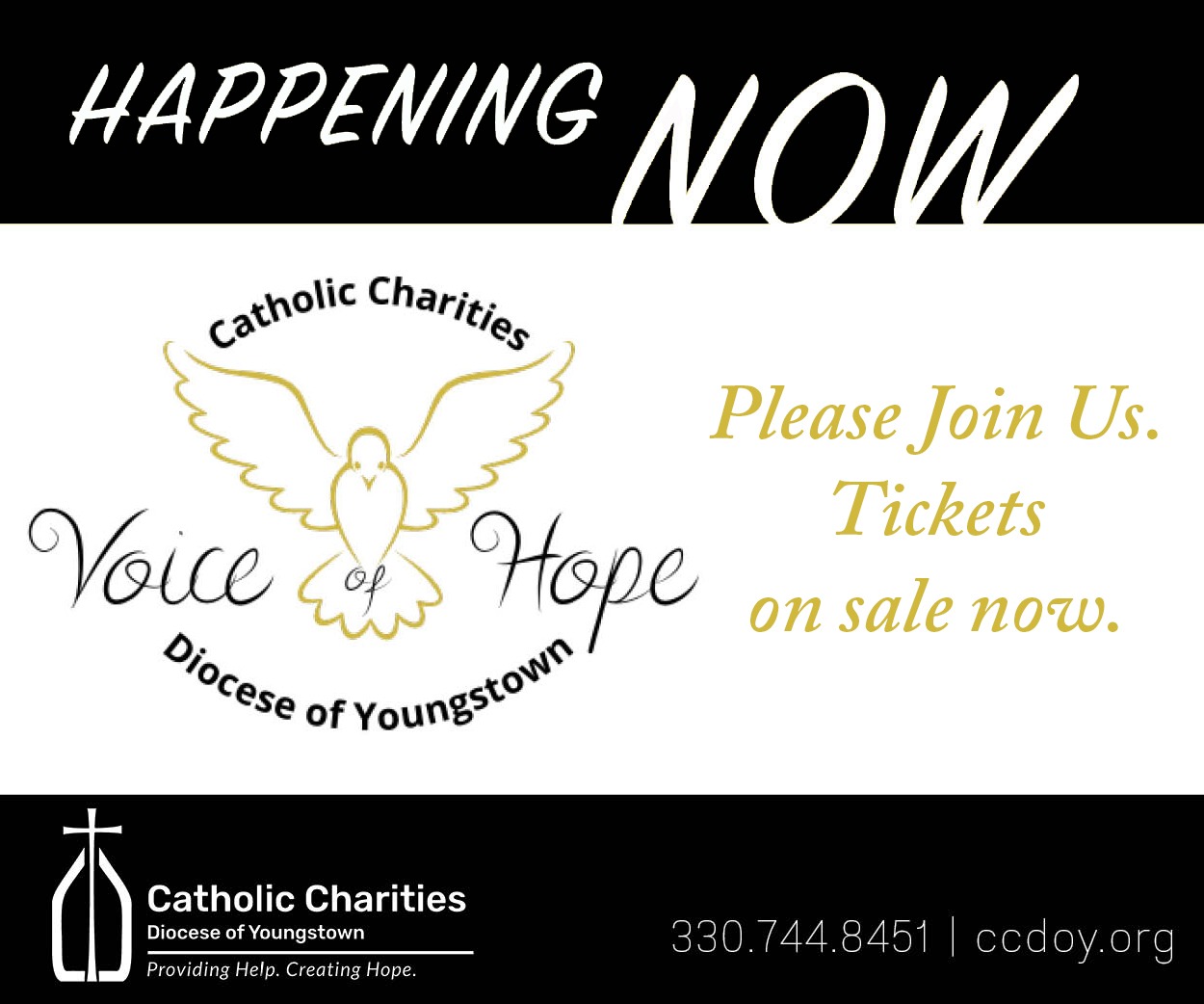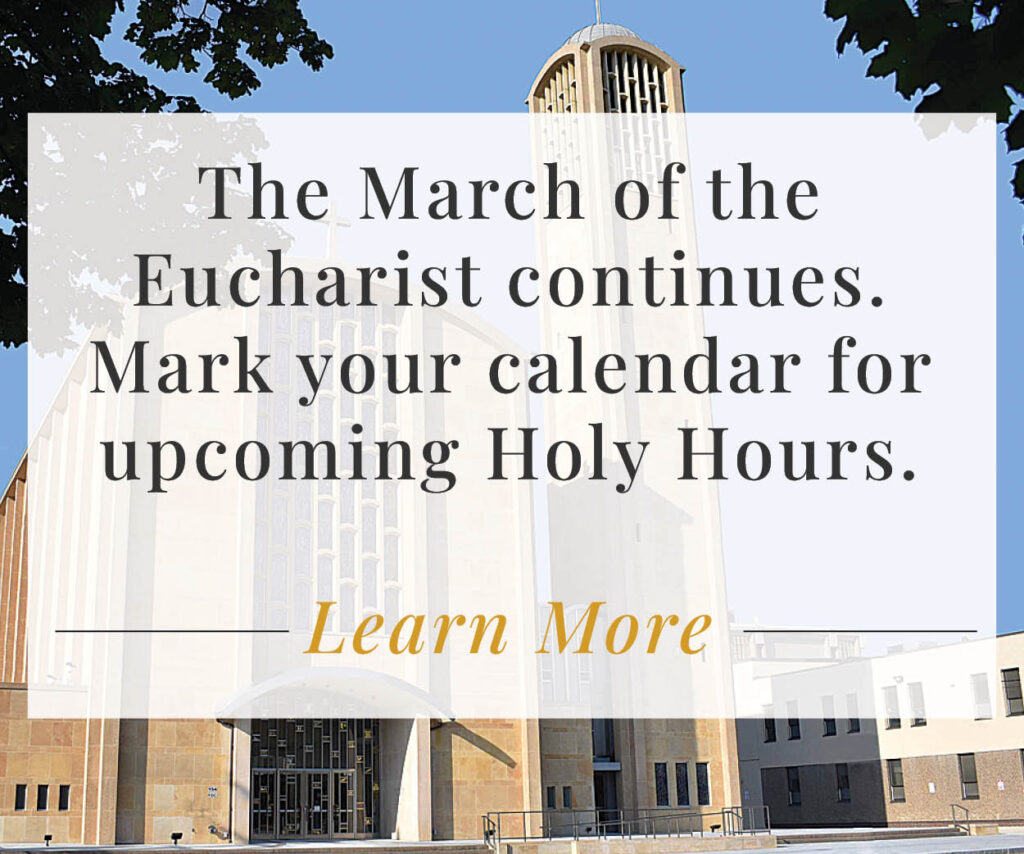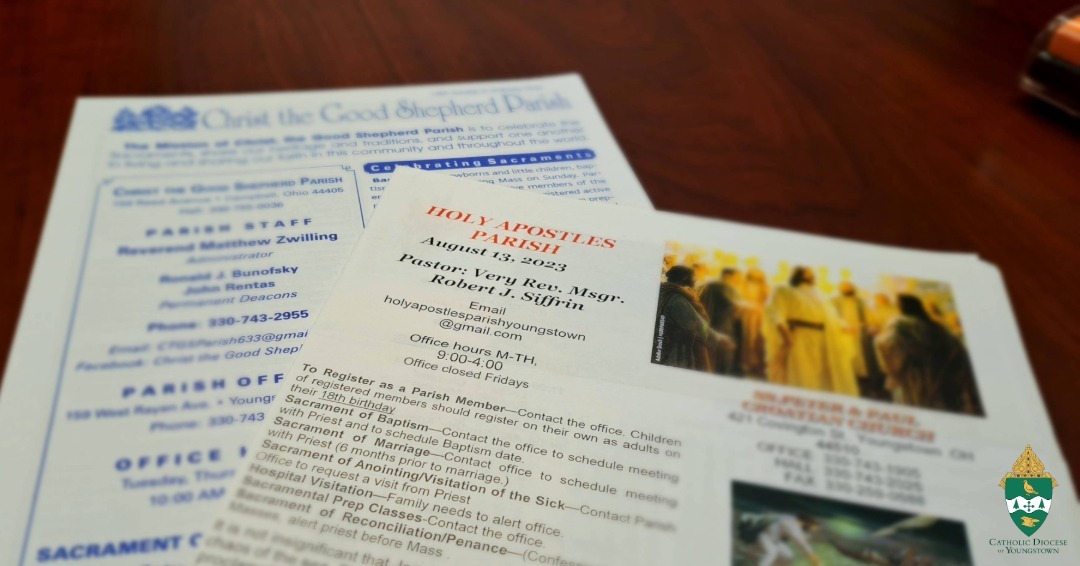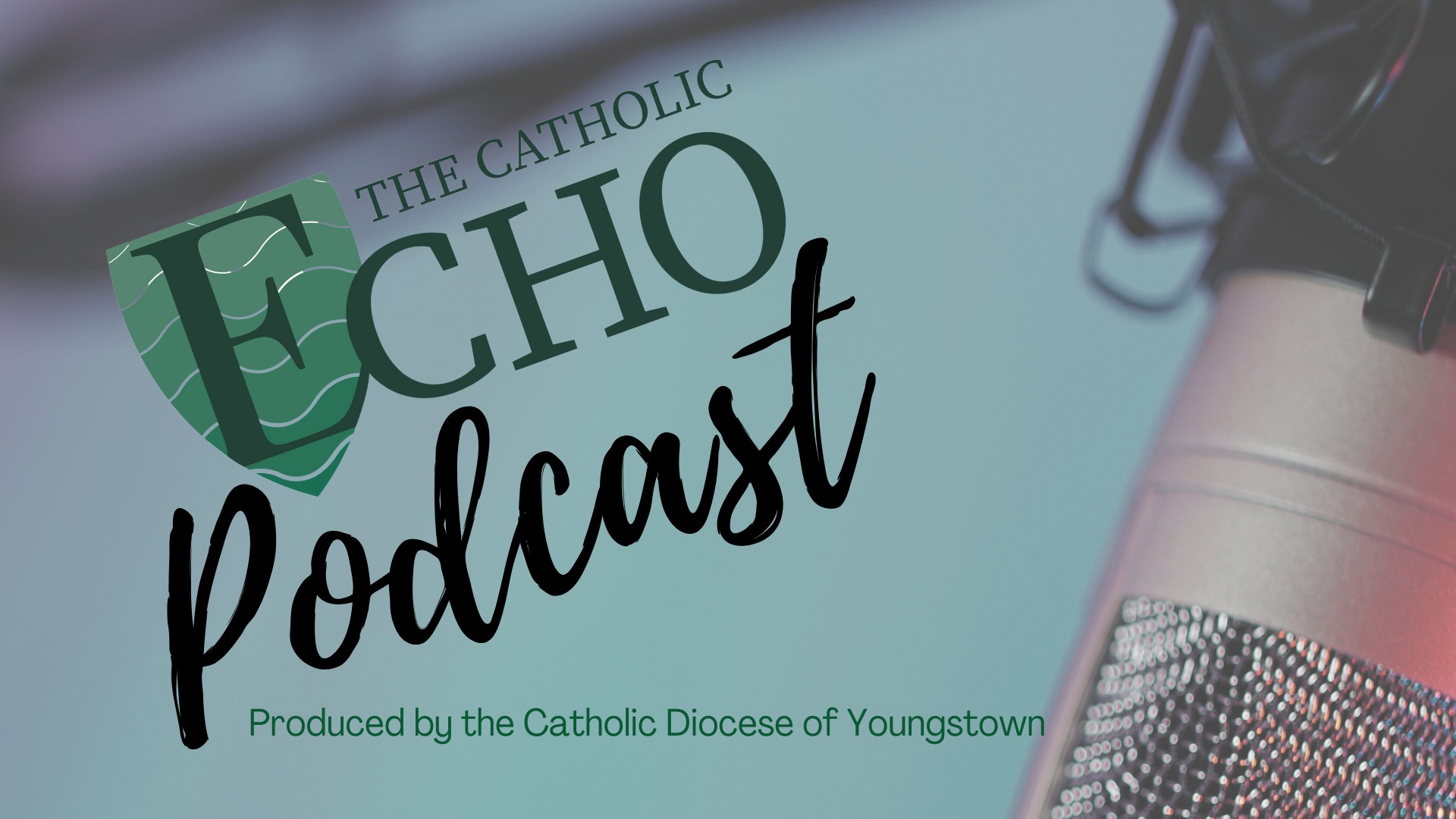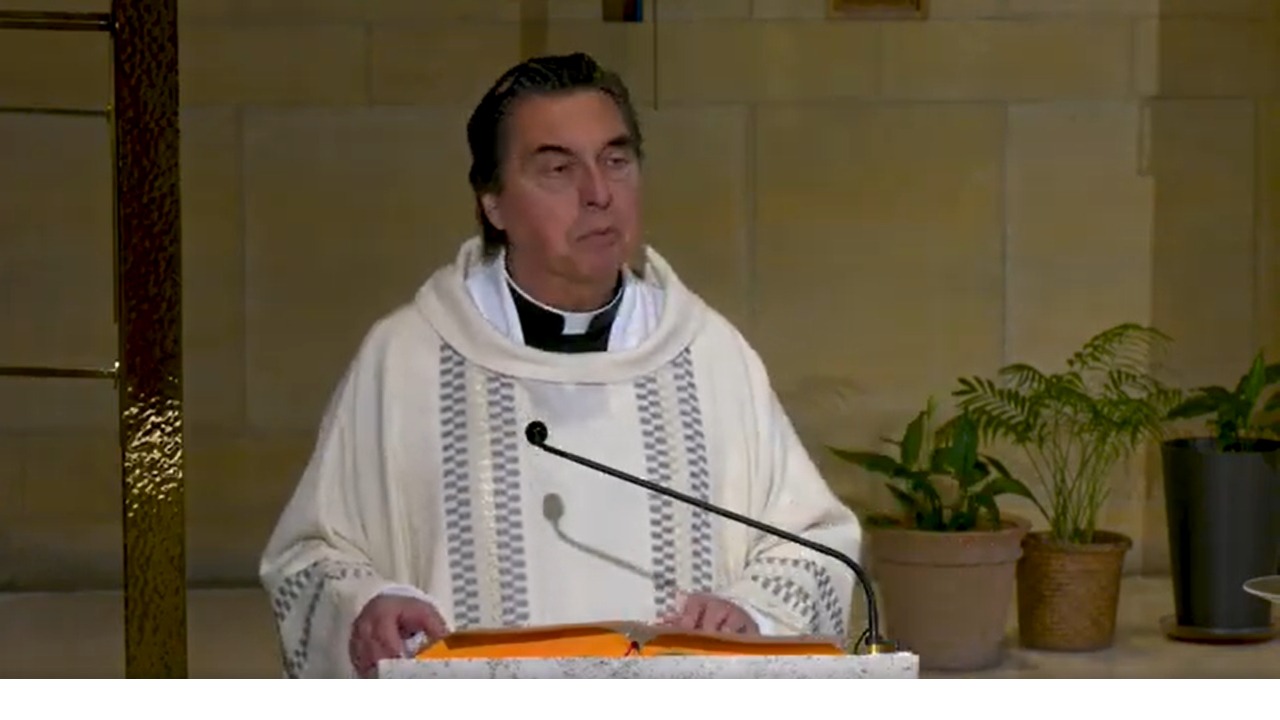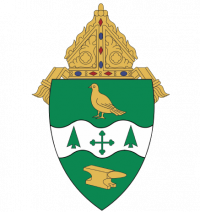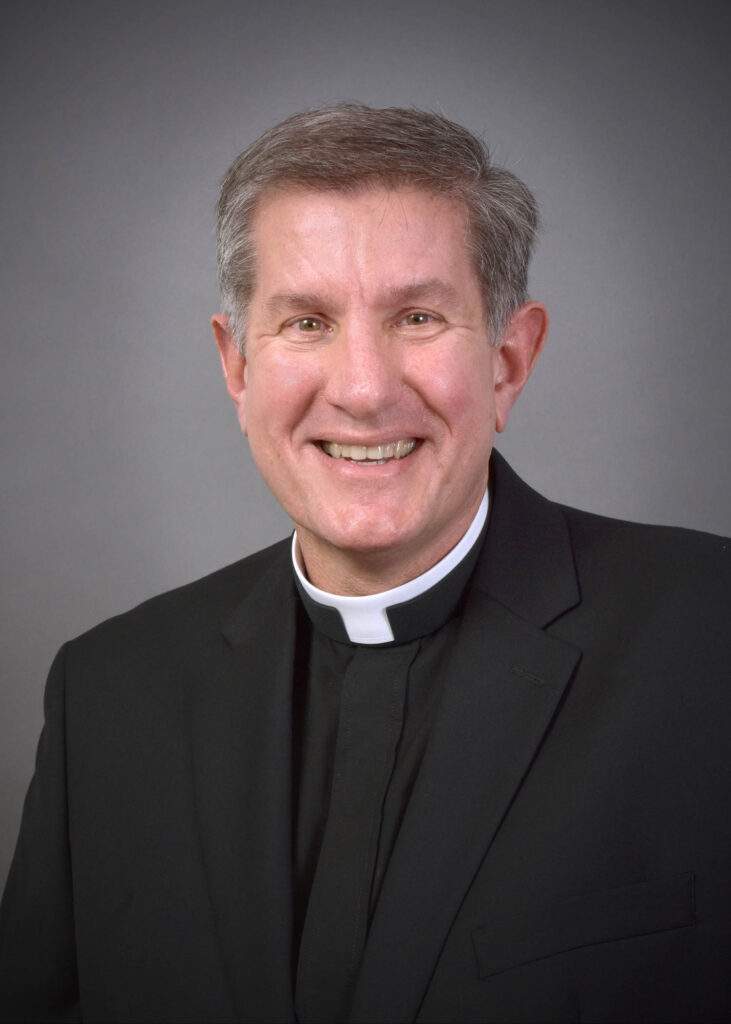
Once there were three sisters who had aged well into their ’90s, and their minds were slipping a bit. One called down to her sister from the bathroom and said, “Emilie, I have one leg in the bathtub and the other on the floor. Am I getting in or getting out?” “Oh, for crying out loud,” said Emilie as she rushed upstairs. She suddenly paused on the landing and said to herself, “Am I going up or coming down?” The third sister, sitting at the kitchen table hearing all this said, “Thank God I am not like those two, knock on wood,” which is what she did. She immediately looked up and asked out loud, “Is that the front door or the back door?”
Often as a Church, we are like the three sisters—we do not know whether we are coming or going. There is so much rapid change that we simply cannot assimilate it. It seems that the old guidelines and certainties are gone—yet are they?
Catholics who grew up prior to the Second Vatican Council experienced with the Council an updating and renewing of the Church, or as Pope Saint John XXIII stated, “an opening of the window to let in fresh air.” Later, Pope Saint John Paul II called Vatican II “a providential event,” one of the most important in the history of the Church. Vatican II called for a renewal, calling us to “full, conscious and active participation.” Most of the council’s documents reclaimed the convictions and practices from the early Church. But for the typical Catholic, there was a failure to recognize the continuity with the treasury of tradition, and it seemed as if the rug had been pulled out from under them. In hindsight, many of the changes were poorly catechized and were often overstated to the point that people only heard a call to abandon old ways.
Catholics of all generations are grappling with how to preserve a sense of who they are in a culture that is predominantly secular. Many people are constructing their own religious identities based on personal preferences. So, what has contributed to this diminished sense of Catholic identity?
First, the Catholic subculture was once vast and all-embracing. Catholic life centered on the local parish and Catholics were insulated from the surrounding area. From where you went to school, to who you married, to the weekly devotional practices, the outlook on the world was definably Catholic. After World War II, Catholics took their place among the best-educated groups in the United States. But with the new status came the weakening of identity and practice. Remaining Catholic became a matter of choice.
Second, we moved from a religious imagination to a radical individualism. A religious imagination has to do with our own experience of the sacred and with God. Religious imagination is shaped by the person’s religious culture, its tradition, devotions and dogma. Finding God is rooted in the imagination. Richly rooted is the notion that God is present in the world. Radical individualism is a view that if I am all right with God, then I don’t need the Church. Being Catholic is not expressed by being part of a community. The communal dimension of Catholicism is largely missing. Most place greater emphasis on having a personal relationship with God and do not see the Church as an essential component of their faith.
Third, we have a crisis of credibility. Go back to the early 2000s. The abuse of children, youth and vulnerable adults by some members of the clergy and the coverup by individuals in authority were and are our darkest hours.
And fourth, we have a theological illiteracy and ignorance. What we lack today is a common understanding of basic beliefs and practices. Catholicism is a way of life, not just another church. One way identity begins is by becoming more familiar with the rich cultural and intellectual tradition of the Church.
For some, this seems like so much bad news. Is there any good news? The good news is that there is good news. The 21st-century Church is a multicultural society speaking from weakness rather than strength. Catholicism is not just belonging to a particular parish, it is a way of life, a way of seeing the world.
Pope Francis stated that we are living in a change of era, not an era of change. We need to remember two questions: Do I know what I don’t know? And where are the people who do know?
We are baptized believers, that is who we are. We are in this together. The mission is that of the Gospel. We are living at an opportune time. A time for silence, stillness and prayer. A time for compassion, mission and action. To sum it up, the challenge of being a 21st-century Catholic lies in the fact that we still have not taken seriously our baptismal bonding. The challenge set forth is to reclaim. Not to go back, but to build upon the wisdom of the Church.
This column is a summary of Monsignor John Zuraw’s presentation at the First Friday Club of Greater Youngstown in June and is presented here at the request of a reader. To learn more about the First Friday Club, visit www.firstfridayclubofgreateryoungstown.org.
